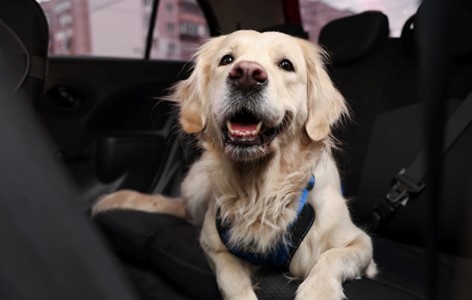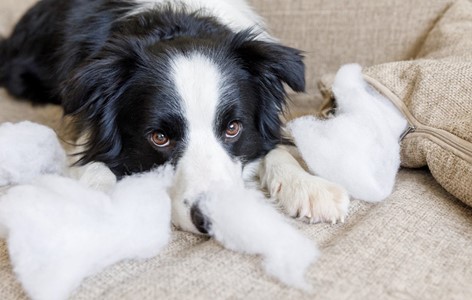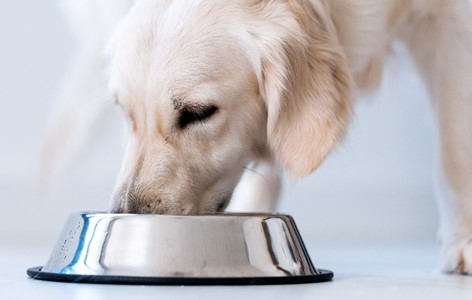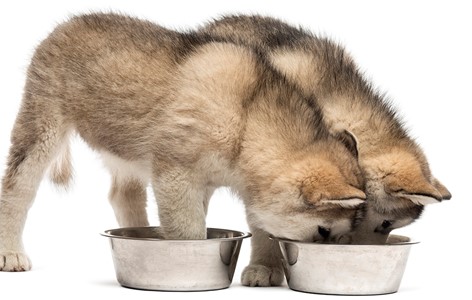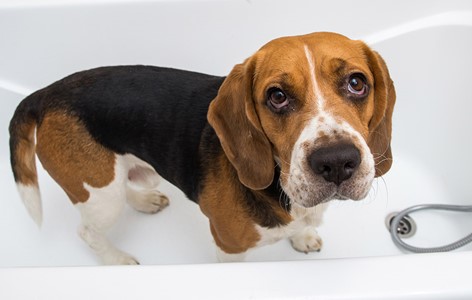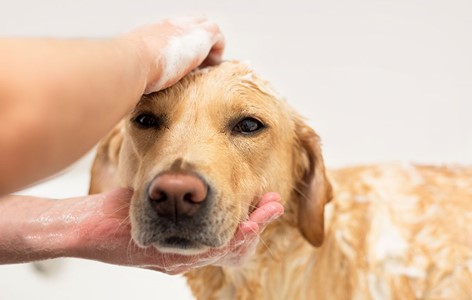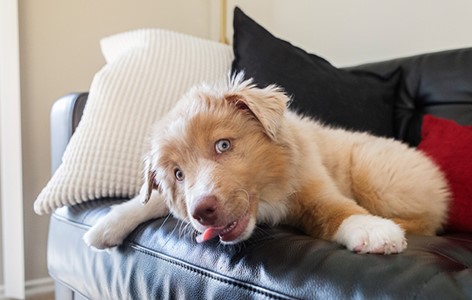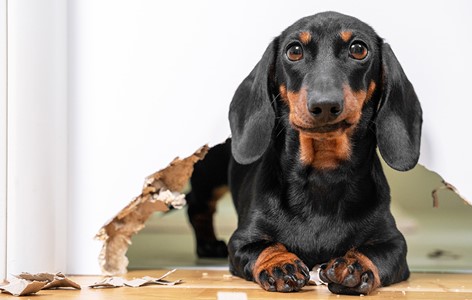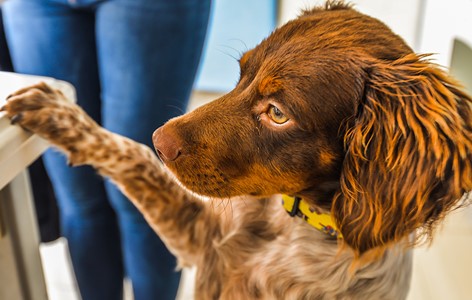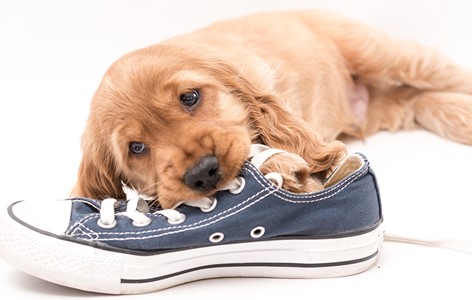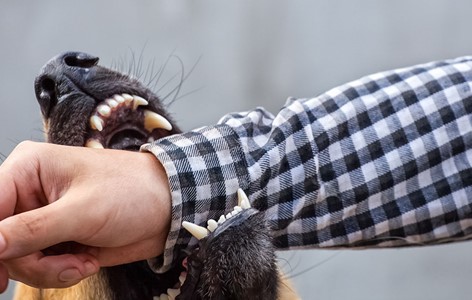
How old is your dog?
18 months - 3 years
Excuse us if we get a little misty-eyed as we say goodbye to puppyhood. At this stage, your mate is now firmly moving into the adult years of their life.
Social maturity happens around this time and your mate should feel secure, comfortable and confident roaming the world around them. They will have fully developed their own personality and have truly come into their own as a member of the family – how exciting!
Breed characteristics can become more obvious too, so you might notice their temperament or even their dislikes are becoming true to type. This can also be a good time to add another four-legged friend to the household as dogs at this age tend to be the most accepting and tolerant.
Keep up the good work on their routine, and don’t forget regular vet visits, ensure their diet is tip top, and stay on top of flea and worm treatments.
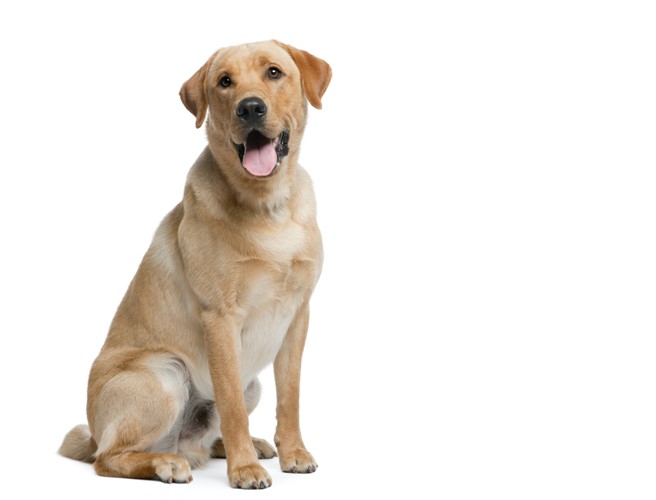
Filter articles by
Dog
Puppy
Cat
Kitten
Fish
Dogs and Car Anxiety
Does your dog get anxious about car travel? See tips from Lara Shannon from Pooches @ Play.
Impact of Food on Dog Skin Health
Healthy skin starts with a healthy diet; tips for looking for dog foods that are good for their skin.
Identifying Behavioural Issues in Puppies
Explore the key behavioural issues that can arise in puppies and discuss effective ways to identify and manage them.
Impact of Dog Food on Behaviour
Find out how dog behaviour can be impacted directly or indirectly by the food choices we make for them.
Washing & Grooming your Short Haired Dog
Short haired dogs have different grooming needs than long haired dogs. Here's some tips on the best way to wash and groom them.
Why dogs lick people 7 things and How to Reduce Excessive Licking
Licking is a normal behaviour for dogs but excessive licking can be problematic & a symptom of an underlying health or behavioural issue.
Why dogs scratch People & Things and How to Reduce Problem Scratching
Most scratching is completely normal and instinctual for dogs, but can be problematic when they scratch people or things.
Dog Begging
Find out why dogs beg & how you can effectively train your dog not to beg.
Why dogs Chew People & Things and How to Reduce Problem Chewing
Chewing can become a problem in puppies or dogs who chew excessively or chew on people’s hands, clothes or items we don’t want them to chew.
Why dogs Bite People & Other Animals and How to Prevent It
Why do dogs bite people, other dogs & other animals, and what can be done to prevent dog bites?










